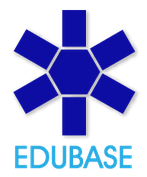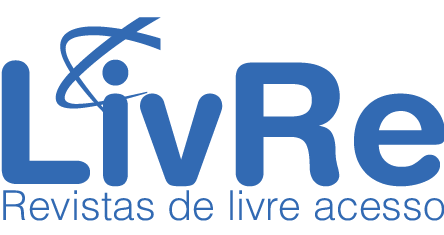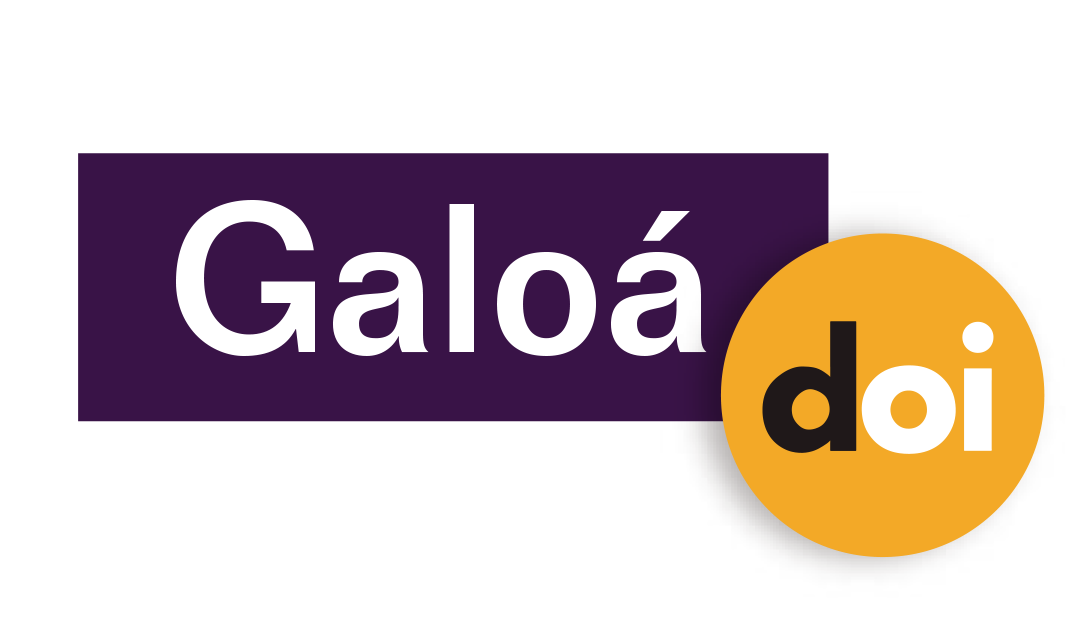BioIntegrada Game Application: An Instrument for the Systemic Teaching from Cells to the Environment
Resumo
Background: Biology contents in high school are worked in a fragmented way, and in excessively theoretical and expositive classes, but game apps appear as tools with high playful potential. Objective: To identify the contributions of BioIntegrada in the construction of the integrative perception of the contents of the cell and the environment. Design: Qualitative approach and action research method. Setting and participants: 40 students enrolled in the 2nd grade of high school at a state public school in the municipality of Milhã, Ceará, Brazil. Data collection and analysis: We used audio recordings and questionnaires with closed and open items and analysed the textual information with the Iramuteq software. Results: BioIntegrada is composed of eight phases, addressing issues of cellular structure, tissues, organs, human body systems, the cycle of worms, scales of ecological organisation and daily actions. By validating the app, we found that the students improved their theoretical knowledge and argumentative level, starting to relate abiotic and biotic factors with the constitution of living beings and deepening socio-environmental discussions of the web of humans and nature relationships. Furthermore, the students evaluated the app positively; 95% liked using it and considered it a facilitator of learning; 85% agreed that it is intuitive and its phases are stimulating. Conclusion: BioIntegrada facilitated learning contents, promoted the integrated perception of the human body and the environment, and was evaluated as good by the students.
Palavras-chave
Game application; Natural sciences; Biology teaching; Critical environmental education
DOI: https://doi.org/10.17648/acta.scientiae.6752
Apontamentos
- Não há apontamentos.
Direitos autorais 2022 Vaneria Maria Pinheiro Medeiros, Andréa Pereira Silveira

Esta obra está licenciada sob uma licença Creative Commons Atribuição 4.0 Internacional.
ANÚNCIOS
Informamos que, a partir de outubro de 2024, a revista Acta Scientia volta a aceitar submissões de artigos para publicação.
Mais, informamos que sites fraudulentos, https://periodicos-ulbrabr.org e https://periodicos-ulbrabra.org, estiveram se passando pela Acta Scientiae, utilizando nosso nome e identidade visual e até solicitado taxas de APC, que nós não cobramos. Aconselhamos cautela para evitar serem enganados por sites semelhantes.
Conceito A2 na Capes(2021)
Índice h5 do Google Scholar: 13
Índice mediana h5 do Google Scholar:24
eISSN: 2178-7727
Indexações:
A Acta Scientiae é indexada em: | Scopus |  | Latindex |  | Edubase (SBU/UNICAMP) |
 | Sumarios.org |  | Google Scholar |  | Portal LivRe (CNEM) |
 | Journals for Free |  | REDIB |  | Galoá DOI |

Todos os trabalhos publicados aqui estão sob uma licença Creative Commons - Atribuição 4.0 Internacional.
